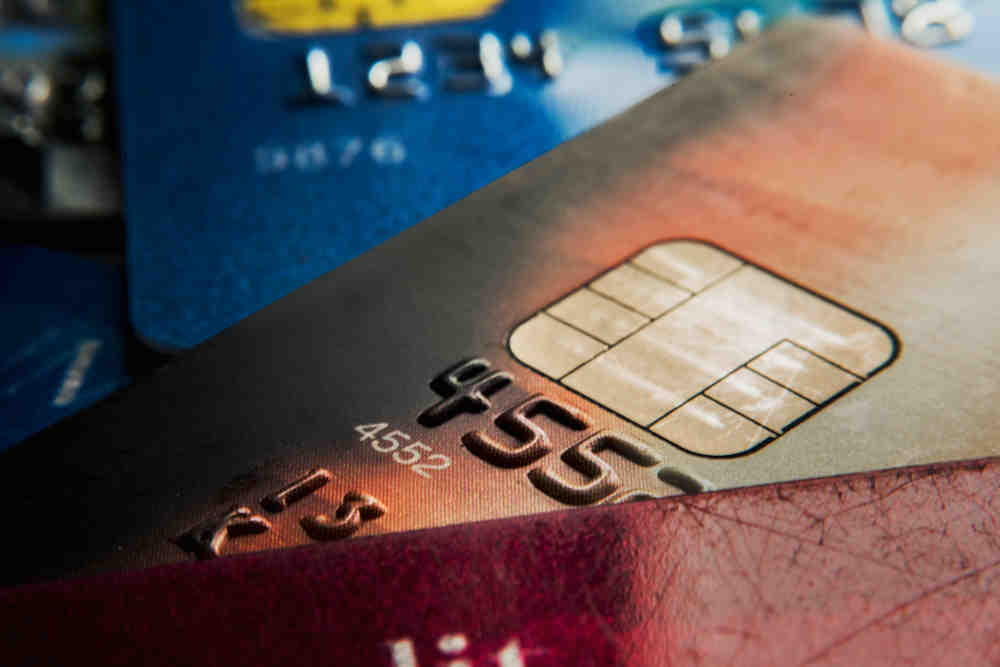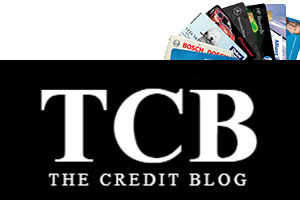Are you new to the world of credit and wondering where to begin? Maybe you feel like everyone around you uses and understands credit, but that you missed the boat.
The reality is that you probably haven’t missed anything. It’s not like high school students are taught how to apply for and responsibly use credit cards. So it’s not your fault if you feel you don’t understand the concept of credit. In fact, you might even be wondering exactly what credit cards are. How do you get one? How do you use it? Are they always a bad thing?
You’ve come to the right place because we’re shining a spotlight on credit card basics.
What Are Credit Cards?
A credit card is a symbol of an agreement between you and a lender. This agreement enables you to make a purchase now with your card and pay the money back to the lender a little at a time. However, the lender charges an interest fee, which is tacked on to your credit card balance at the end of each billing cycle, which occurs on a monthly basis.
You won’t owe the lender any interest if you charge something and then pay it off before the billing statement cuts. However, the longer you take to pay off your debt, the more you’ll pay in interest.

How Can Credit Cards Be Beneficial?
Be smart with your credit cards, and they’ll treat you well. For instance, responsible credit use helps you build your credit. Be consistent and responsible, not letting your balances get too high, and your credit score will climb. The stronger your credit score is, the more easily you’ll qualify for even lower interest rates and more attractive rewards.
Speaking of rewards, you might aim to get a credit card that offers you rewards for using it. For example, some cards give you travel miles or discounts, while others offer cashback on specific types of purchases. Think about how you might use these rewards. In conjunction with responsible budget usage, this can be a massive advantage to your finances.
Perhaps one of the best benefits is that it can protect you when unexpected emergencies crop up. Whether it’s a car repair or a surgery, a credit card can be a lifesaver.
How Do You Get a Credit Card?
If you don’t have any credit, all you have to do is fill out an application for a credit card. Turning to your bank, credit union, or other financial institution with which you’ve had a relationship for some time is the best place to start. These lenders likely will offer some of the lowest interest rates as well as provide better cards without annual fees.
Finding credit card applications from other sources is easy. You could do an online search, sift through the fliers in your mailbox or get a referral from a friend. The rest is easy. You simply provide primary data about yourself like your name, address, employment information, and social security number. The lender then checks your credit history and either approves or denies your application.
If your application is approved, you’ll soon receive your new card in the mail. The card as a credit limit, which is the maximum amount of money that is available to you. Moreover, disclosures that arrive with the card should tell you more about the interest rate, APR, and any fees associated with the card.

What Are Best Habits to Avoid Debts?
You might feel a surge of excitement the first time you hold your new credit card in your hands. After that, the temptation to go on a spending spree can be enormous.
However, it’s wise to resist that temptation. Too many consumers get buried under a mountain of credit card debt and then have to spend years digging themselves out.
Before using your card, keep your monthly budget in mind. What can you afford to pay toward a card balance every month? Ideally, you’ll pay your entire balance each month, thereby minimizing the amount of interest that you pay.
However, that sometimes isn’t possible, such as if you had to make some emergency repairs to your car. If an unexpected expense pops up, then it’s wise to pay down that credit card balance as quickly as you can.
Not only does this save you on interest, but also it makes your credit report stronger. Each month when you make a timely payment, you’re showing lenders that you know how to use credit responsibly.
Best of all, you won’t have to spend years getting out of credit card debt.
Apply for a Credit Card
Now that you know the basics, you’re ready to apply for your first credit card. It’s easier than you think, and if you don’t get approved, consider opting for a secured credit card or find someone who will cosign with you.

